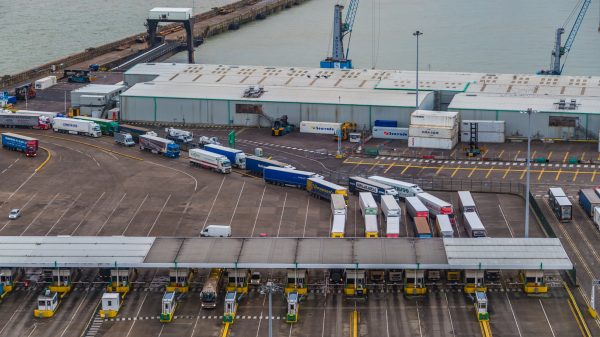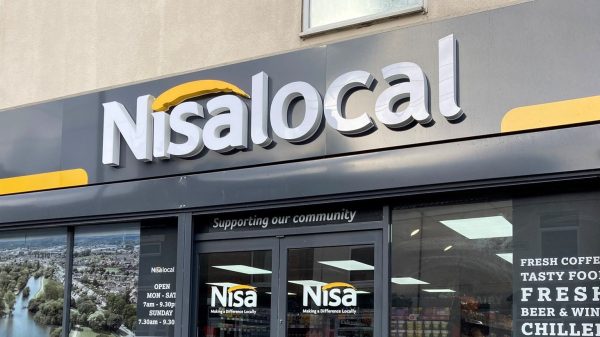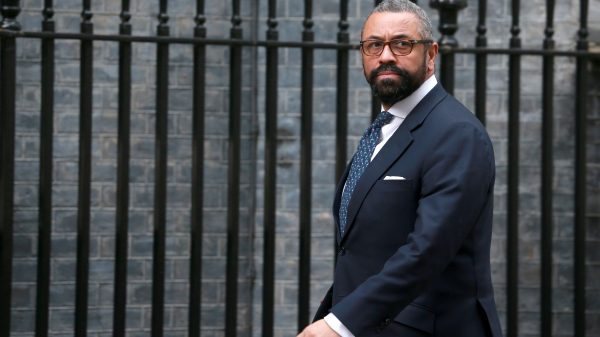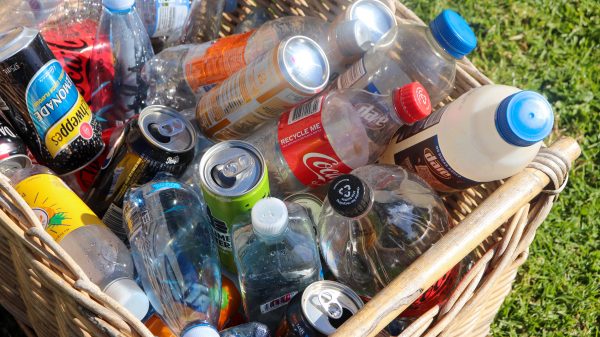Sainsbury’s boss Simon Roberts says the supermarket is “thinking differently” as it looks to compete with rival grocers while offering better value to shoppers.
In an interview with The Guardian, the chief executive of the UK’s second-largest supermarket chain revealed that it had delayed thousands of online turkeys deliveries so they would arrive in people’s homes on Christmas Eve, part of its wider plan to stand out in the fiercely competitive grocery landscape.
“We are as competitive as we have ever been,” said Roberts, pointing out that the new focus on pricing has not come at the expense of Sainsbury’s reputation for quality.
According to Kantar figures released earlier this week, Sainsbury’s now holds 15.7% of the market, while Asda holds 14.2% and Morrisons is on 10.1%.
While Sainsbury’s does not reveal its end of year trading figures until later this week, it appears to be ahead of its traditional rivals Tesco, Asda and Morrisons – although still behind the fast-growing discounters like Aldi and Lidl, which saw accelerated growth last year.
Subscribe to Grocery Gazette for free
Sign up here to get the latest grocery and food news each morning
However, he added that they are “very aware of how tough it is going to be as bills land after Christmas,” as “energy bills are a real concern.”
Roberts also said that Sainsbury’s is in a good position for taking back market share, as it now price-matches on hundreds of Aldi products like bananas and milk.
The big 4 grocer also launched price cuts on Christmas vegetables ahead of Tesco, Asda and Morrisons last month, with Roberts saying they intended to “put their best foot forward.”
The price-matching tactic will reportedly cost the retailer £550m over the next two years, where it will be seeking to keep prices down for customers as the cost-of-living crisis continues to put a squeeze on household budgets.
Roberts continued: “My biggest hope for this year is that inflation comes down. It is impacting every household and every business.
“There are pressures coming up with energy costs,” he adds. “In food production there is a lot of energy consumption.”
Other cost-cutting measures, such as closing cafes and fresh food counters, have also helped Sainsbury’s keep food prices down.
As the company aims for net zero carbon emissions by 2025, it has also cut its energy use by 23% over three years through installing LED bulbs and tweaking heat and ventilation systems.
Roberts followed up, saying greater energy efficiency is “now a major focus of what we do.”
The news comes as Tesco, Sainsbury’s, BP, Shell, and other petrol station owners have been accused of overcharging customers and failing to reduce fuel prices at the same rate that wholesale prices are falling, new research has found.










